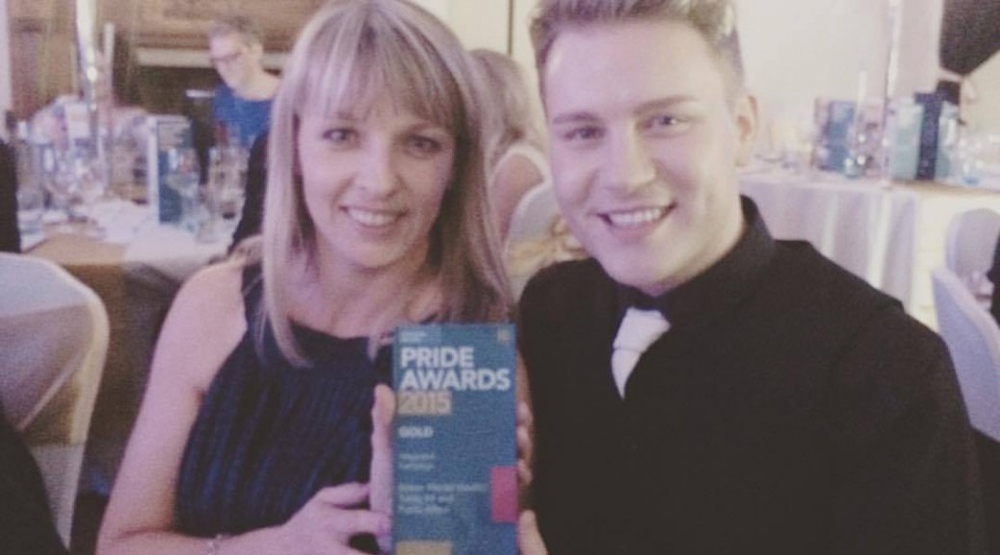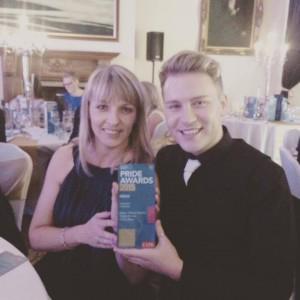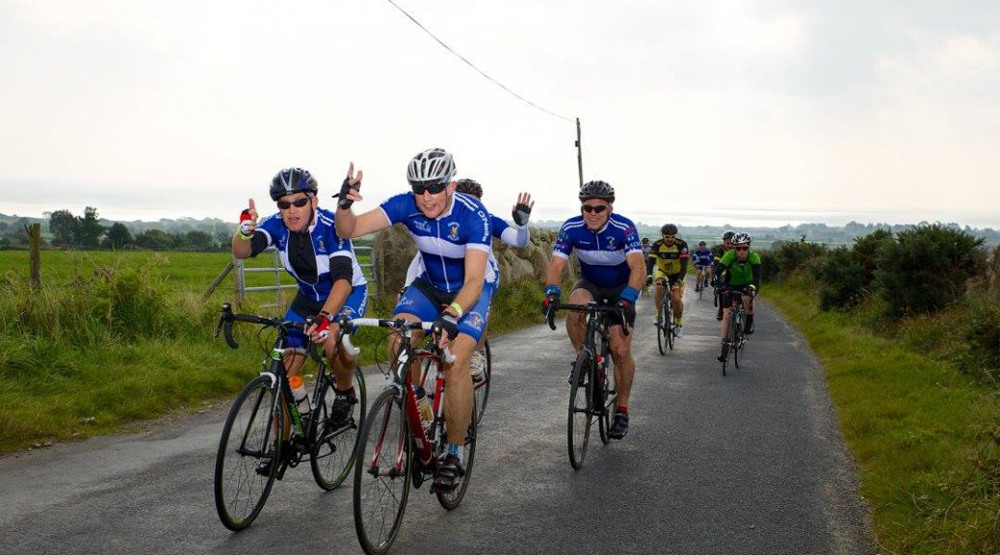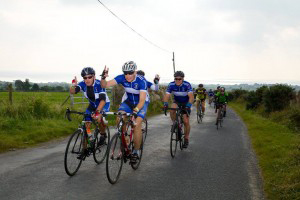Following Action Mental Health’s research report (on mental health service provision in NI), entitled ‘Regress? React? Resolve?’ AMH is hosting Northern Ireland’s first ever Mental Health Summit.
Taking place at the Stormont Hotel on 24th February, the event will bring together all of Northern Ireland’s Mental Health stakeholders including the DHSSPSNI, the Health Trusts, the Board, Voluntary Community Sector and service users.
In a bid to protect the future of mental health services in Northern Ireland, AMH will use the summit to encourage the NI Executive to take essential and urgent action.
Reflecting on the funding increases of £1 billion in England and £54 million in Scotland for mental health provisions, Chief Executive of AMH, David Babington said:
“The news that David Cameron and Nicola Sturgeon have taken the initiative to open up more resources for mental health services in England and Scotland stands in stark contrast to Northern Ireland.
“This further highlights the urgency for similar leadership and commitment from the NI Executive to address the sustained deficiencies in our services, which is putting the health of clients at risk.”
Research has shown that despite mental illness being 25% more common in Northern Ireland than in England, with a higher rate of suicide than anywhere else in the UK, there has been a shocking underspend of 26% in mental health support in the last six years.
Mr Babington continued:
“Our recent research entitled ‘Regress, React, Resolve’, shows the need to improve funding, address problems with fragmentation in service provision, provide greater focus on education, tackle stigma, and provide leadership for mental health in Northern Ireland.
“Mental health services here are at a major crossroads and there is a real danger that any gains made in recent years may be reversed by lack of commitment and resources.
“That’s why we are hosting Northern Ireland’s first ever Mental Health Summit to bring together MLAs, commissioners, charity CEOs, and service users, to collectively discuss how we can improve the Departmental Health Strategy going forward.
“The summit also presents the opportunity for service users to have a say in how the challenges facing mental health facilities have impacted their wellbeing and recovery, which can often have devastating results.”
In addition to Mr Babington’s comments, an Action Mental Health service user said:
“Being diagnosed with a mental illness is overwhelming and disorientating in any case, but when you don’t receive the right support and advice you feel even more closed off from society. It’s like being stuck in a black pit without someone reaching down to help you out.
“Due to the continued stigma attached to mental illness, too many people choose to turn a blind eye to someone who is living through it, which can often exacerbate a person’s condition.
“The hard reality is, mental ill-health doesn’t just affect your emotional state, but your personal life, career, and social interactions too. Mental illness can and will strip a person of their identity unless the right support networks are in place to help them through their problems and redefine who they are as a person.
“Services like AMH are vital in the recovery process for many users like myself, as they help to break down the walls of social stigmatisation through training, education and employment.
“When it comes to healthcare, actions speak louder than words, so it’s time the NI Executive followed their UK counterparts by investing in the future of mental health provision in Northern Ireland so that standards of care can improve.”
Special guests at the Mental Health Summit will include Natasha Devon MBE (Mental Health Champion for schools in England), leading political figures, and a range of key players from across the health sector in Northern Ireland.
Following the launch of the Regress, React, Resolve report, AMH will discuss several recommendations at the summit for local government to action, including:
- Government funding needs to be made available to improve mental health services in Northern Ireland and protected against budget cuts in the future.
- The DHSSPS and HSC need to establish a regional working group to examine the extent and impact of provision fragmentation and encourage greater integration between different services.
- An independent Mental Health Champion for NI needs to be established in order to defend the rights and interests of people living with mental illness and renew the Bamford vision.




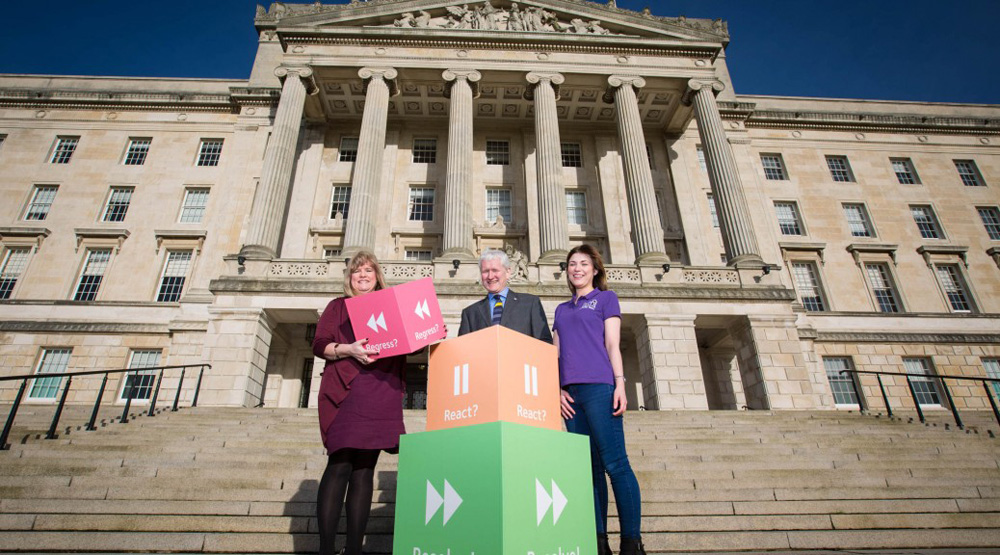
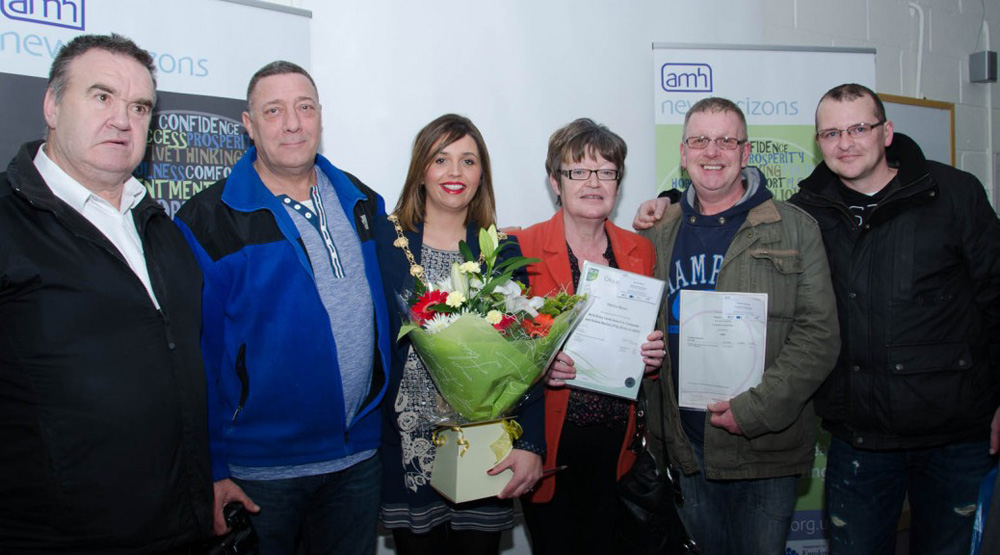






 This Christmas, we have joined forces with local public figures and health authorities to launch a digital campaign that urges aspiring party leaders to address the mounting challenges facing mental health facilities in Northern Ireland.
This Christmas, we have joined forces with local public figures and health authorities to launch a digital campaign that urges aspiring party leaders to address the mounting challenges facing mental health facilities in Northern Ireland.